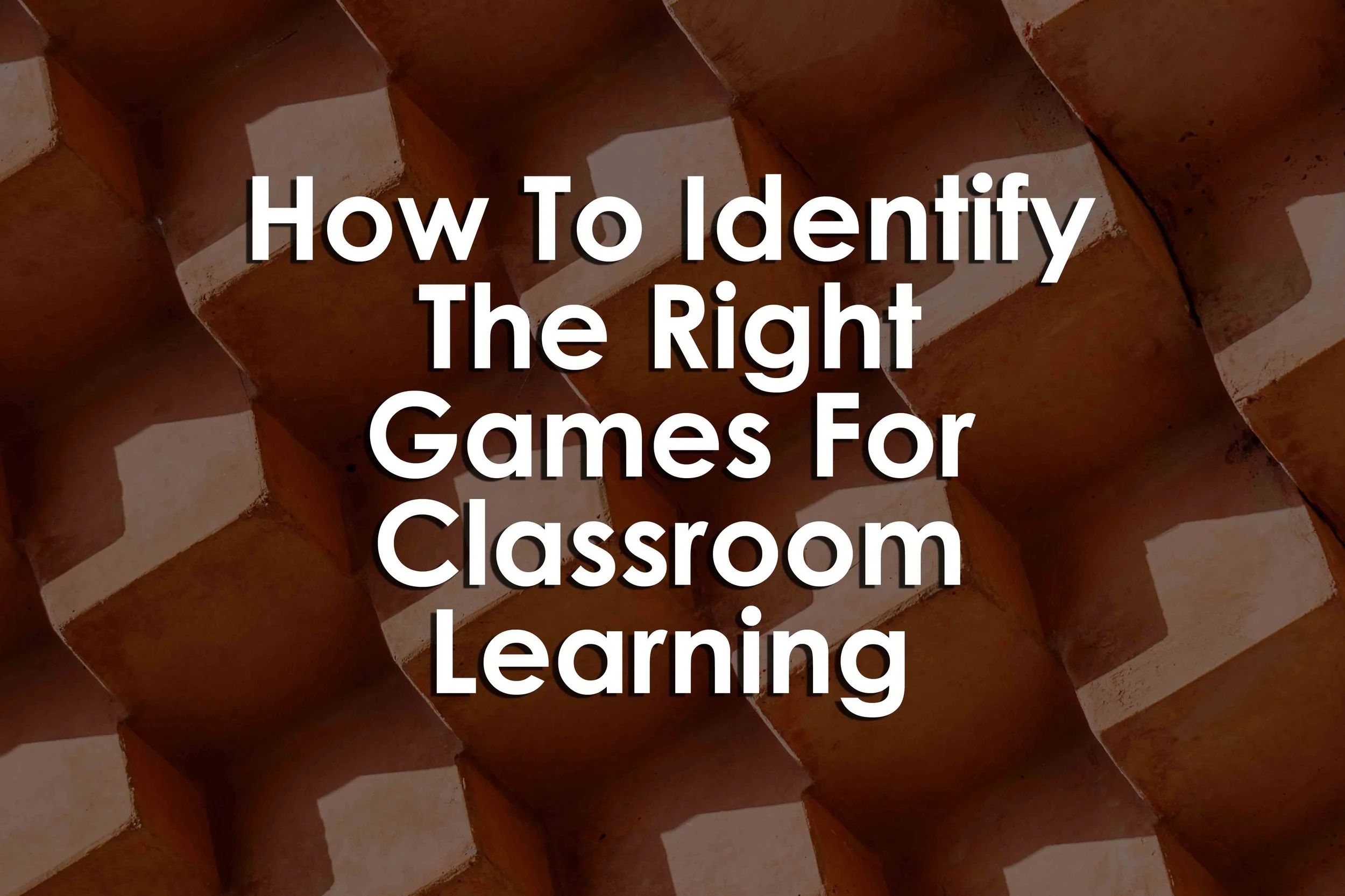The research is in - educational games and humanities learning are a perfect match! This week, we're examining some of our favorite educational games we've created over the years that teach humanities topics like civics, English language arts, natural history, and more.
Read MoreB2B SaaS products, specifically digital learning and engagement platforms, are becoming crucial tools for companies to maintain a competitive edge. SaaS platforms are well-suited for building gamified digital learning and engagement strategies due to their native flexibility.
Read MoreThe gamification of education has become an integral part of the teaching process, especially since students and avid learners were cooped up in their homes over the past few years, with no access to the traditional classroom setup.
Read MoreAlthough game-based learning is fun, it's important to know there is a difference between gaming for fun and game-based learning. Research has shown that game-based learning leads to improved learning outcomes.
Read MoreLearning Beautiful makes tactile materials to inspire hands-on learning for kids between the ages of 3 and 9. "For young children, being able to build and then experience with their hands is so important," Learning Beautiful founder Kim Smith Claudel SM '17 says.
Read MoreFrom earliest days, games for learning were typically small endeavours built from passion or interest, like Grade 4 teacher Mabel Addis's 1960s creation of one of the first-ever video games to teach economics to her students.
Read MoreHow to make learning easier for pupils is one of the greatest issues faced by the education system. Today, we will cover ways to gamify the learning process so that students will remain engaged and breeze through their coursework! Let's dig in and facilitate student learning!
Read MoreTrachel and Peyrot say their goal is "Not to create superhuman bots-that would not be fun and engaging for a novice player-but instead to find ways to incorporate machine learning into game AI tools already used in production." Modl.ai's testing bots use machine learning to adapt to each game tested, though its current implementation limits those adaptations to each specific title.
Read MoreAt various stages of learning, simulation tools and video games are used. The use of simulations and video games in higher education is most advantageous because students can comprehend the tools and technology used. The necessity to provide the most engaging learning environment is highlighted by education experts.
Read MoreGame-based learning incorporates game characteristics and principles into learning activities. Learning activities inspire student engagement and enthusiasm to learn. What Is Game-Based Learning? Game-based learning is an active learning technique that uses games to improve student learning.
Read MoreIn the book, How Games Move Us: Emotion by Design, scholar Katherine Isbister observed that because of player agency, "Games have an additional palette of social emotions at their disposal." Suppose a student reads Victor Hugo's classic Les Misérables.
Read MoreOne of my nephews sometimes explains to me about how he develops an avatar for his Minecraft game. Applying games in teaching is one way to spark students' interests, especially in pursuing STEM education. The types of games and the components that could be included in a game are virtually endless.
Read MoreSeveral years after my experience with the lunchtime gaming club, I embarked on a research project to investigate how cooperative video games could support children with social-emotional differences to develop targeted social skills.
Read More93% of institutions confirmed that the use of videos increases student satisfaction levels as compared to other conventional learning methods. Now let's focus on how it helps students improve learning efficiency.
Read MoreIt's a belief that Online education and digital innovation were born just a few months ago along with the Pandemic. Educational games on the contrary often use concepts like math, science, general knowledge etc to take the story of the game forward.
Read MoreIt can be difficult to figure out precisely how to incorporate games into the classroom without wasting time or curtailing the learning process. Countless studies have shown that there's a plethora of simple logic-based games that, when implemented well, help students learn and retain basic concepts more efficiently, all while maintaining their full engagement in their schooling and with their peers.
Read MoreClassroom education does not always have to be all-talk, boring, and mind-numbing for your students - not when you can light it up with the right games. Game-based learning offers numerous benefits in any classroom. But while many educators know fully well about these benefits, the challenge usually is identifying the right options. Teachers are becoming more excited about incorporating games in their classrooms but aren't sure where to begin. With so many gaming options to choose from, it can be overwhelming to identify the right option for you, especially if it is your first time. Here are some tips you can use to help you identify the right games for classroom learning.
Read MoreVideo games might not the first medium you think of when it comes to learning useful skills. Of course, there are games specifically designed for learning and to be educational, but even in games intended only for entertainment, there are surprisingly useful skills that can be learned. Here are some of the most useful that you’ve probably never thought of.
Read MoreFrom hand-eye coordination to individualized learning, the number of skills learners acquire through technology will be invaluable in their futures. Incorporating game design and gamification into the classroom can enhance all of these benefits, while also preparing your students for their futures in a fast-growing industry.
Read MoreThe COVID pandemic-19 has shown us that an essential part of the school ritual is fulfilled simply because the school exists. Another characteristic of the school ritual reveals itself to us if we attend to the etymology of the word "School" that comes from the Greek "Scholé," meaning leisure.
Read More




















